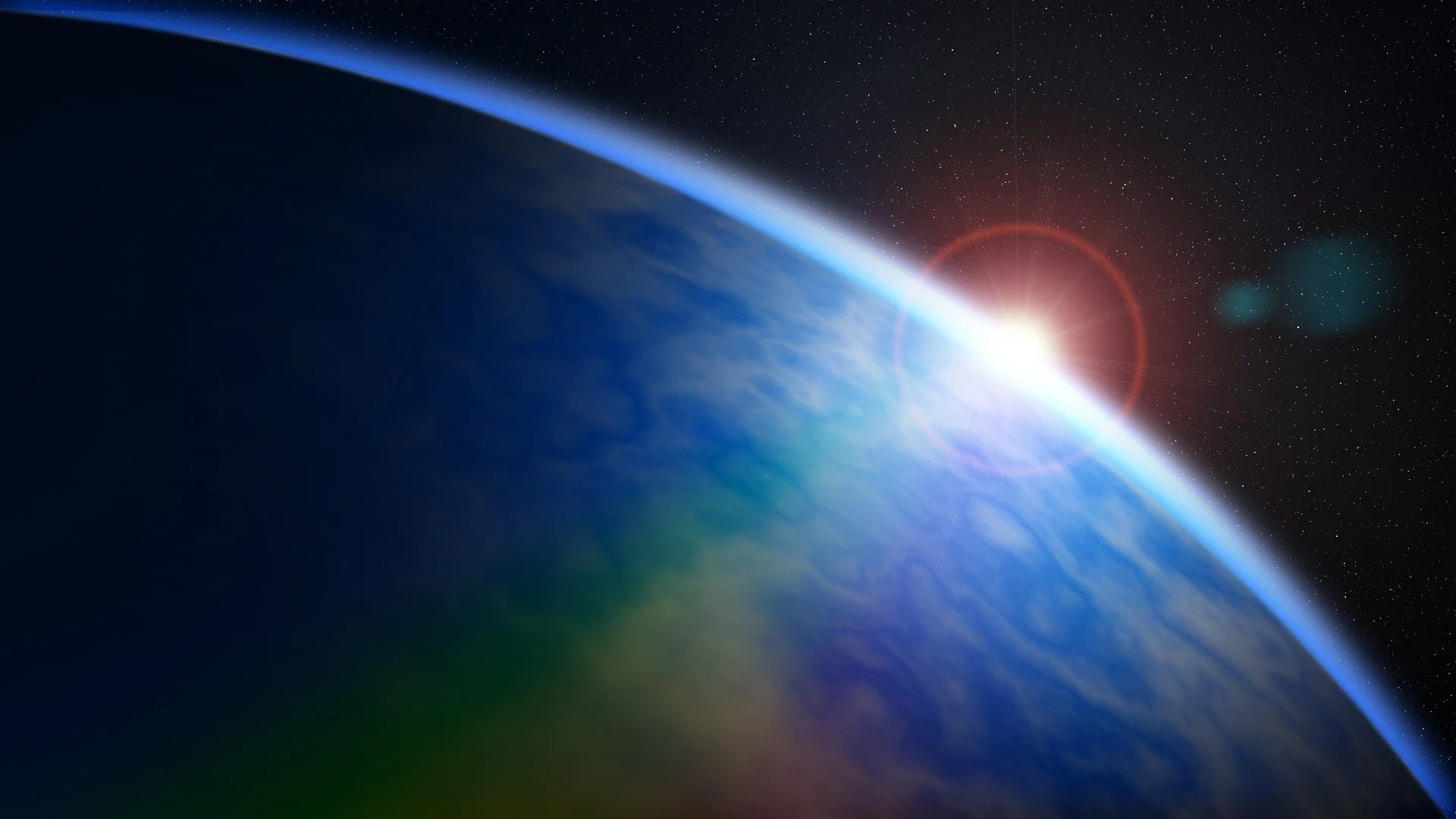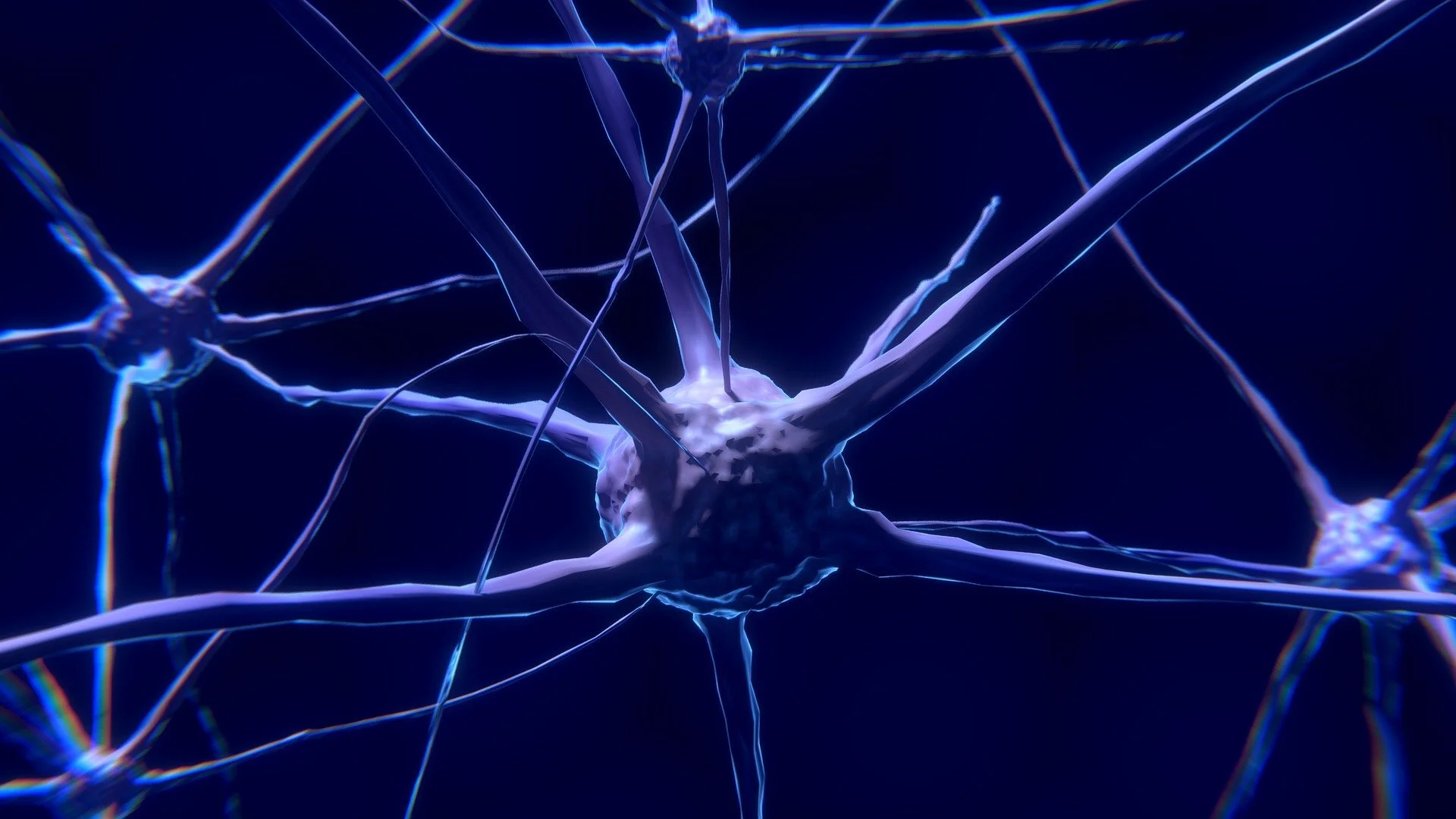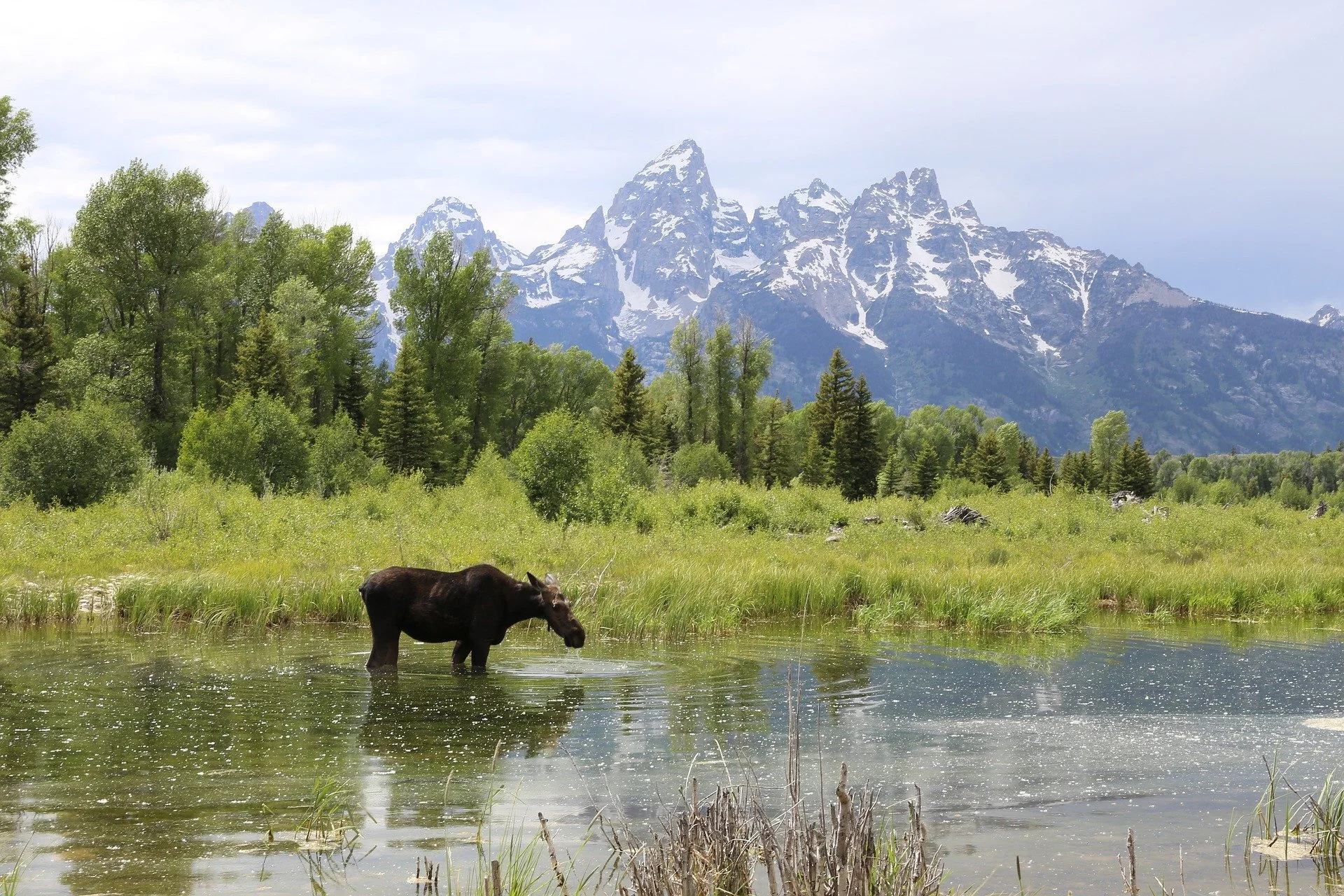Why Astrobiology and the Search for Extraterrestrial Life Are Important Philosophically
For as long as I can remember, I have had an interest in the possibility of extraterrestrial or alien life, which is known scientifically as “astrobiology.” Although opinions differ about whether astrobiology is a serious science or merely speculative science or pseudoscience, a problematic distinction in the first place given that today’s science fiction often becomes the actual science of tomorrow, here I want to argue that astrobiology is also deeply important philosophically as well, with the potential to answer some of the deepest and most intractable problems in the history of philosophy.
The major roadblock to progress in astrobiology has been that we have historically had, and even now (frustratingly) continue to have, only a single data point on which to base the discussion about life in the cosmos: life on our own planet Earth. We still do not yet know, empirically or otherwise, whether life evolved or exists anywhere else in the cosmos besides here on Earth. This means not only that we don’t yet have a cosmic perspective on the evolution of life in general, merely an Earthly perspective, but we also don’t know the limits or boundaries of what counts as life, what life could be elsewhere in the cosmos, or the untested future possibilities for evolutionary biology either here on Earth or elsewhere in the universe.
One of the fundamental questions that astrobiology hopes to answer is the frequency of the evolution (or perhaps emergence) of life. Related to this is the question of exactly what conditions are necessary for the emergence of living systems, self-replicating or otherwise, from nonliving elements and compounds. These two questions are clearly related. We don’t yet know how frequently we should expect life to have appeared elsewhere in the cosmos because we don’t yet know what conditions are necessary or sufficient for life to emerge.
Why should we care so much about whether extraterrestrial life, sentient or otherwise, exists? It seems to me that the answer to this question has direct bearing on philosophical and existential questions of meaning: the meaning of life and our place in the universe. One could argue that, if it turns out we are alone in the cosmos and that life is rare beyond rare, only having originated here on Earth, then our innate human existential angst would and should be amplified. After all, if we are adrift in an empty cosmic sea, it’s hard to escape the specter of nihilism, no matter how much subjective meaning we might inject into our own human lives and biosphere.
If it turns out, however, that the universe is teeming with life, we not only have more to explore, but we have deeper questions to ask about our place not just in the cosmic sea but in the literally cosmopolitan and social universe of which we are but a voice in a cosmic chorus. Imagine the boom given to all the special sciences—biology, psychology, sociology, cultural anthropology, and, yes, philosophy—by the discovery of alien life. Imagine every scientific field having to expand its scope to encompass alien life (exobiology), alien psychology (exo-psychology), alien societies (exo-sociology), alien cultures (exo-cultural-anthopology)—even exo-philosophy! In fact, even the names of entire disciplines, such as physical and cultural anthropology, would become anachronistic overnight, with the Greek root of the term “anthropology,” anthropos (ἄνθρωπος), referring specifically to mankind/humankind. It’s hard to imagine a more revolutionary reframing of almost every natural and social science as a result of such a monumental discovery.
Another question in astrobiology that has always fascinated me philosophically is the question of whether evolutionary biology is radically contingent or more teleological in nature. In other words, is the evolution of complex life forms with various characteristic (intelligent, social, linguistic, bipedal, tool-making, etc.) a natural consequence of the evolutionary process with those qualities as the inevitable endpoint, or is the evolution of life forms with these characteristics, like humans, a matter of random chance, a mere fluke of millions upon millions of contingent evolutionary twists and turns, none of which had to be?
Although many evolutionary biologists like to stress the contingency of biological evolution, one could argue that a single biosphere, even one like Earth with its vast biological richness and diversity, still represents only a single data point, and thus we are not yet justified in drawing any grand conclusions about the necessity or contingency of evolutionary biological processes as a whole, and most certainly not on a cosmic scale.
Should we find that the universe is teeming not only with life, but intelligent life, or anything approximating humanoid intelligent life, as is often seen in science fiction universes like the Star Trek universe with its many humanoid alien species, one could plausibly conclude that both intelligence and a certain biological form is a natural consequence of evolution in general, left to its own devices and given a long enough time frame for that kind of life to emerge and evolve.
If, however, it turns out that intelligent life and/or humanoid life is rare, or if we discover radical diversity in the types and forms of living systems, or perhaps even in alternative forms of intelligence, we would be justified in concluding that evolutionary processes are as contingent as evolutionary biologists today tell us they are. My point here is simply that we don’t yet have enough biological, or rather astrobiological, information to be able to make this determination at this point, and perhaps likely for the foreseeable future, barring a huge leap in the discovery of extraterrestrial life forms beyond our current capabilities.
Is biological evolution directional, producing creatures like us (intelligent, technological, cultural, social, bipedal, etc.) out of necessity, given the emergence of increasing complexity in the cosmos, or is evolution radically contingent, merely a matter of countless chance events? Only astrobiology can tell us the answer to this question, with more data points to consider beyond beyond our planet’s biosphere alone.
So why is the question of the contingency or necessity of biological evolutionary processes important philosophically? I have long argued that the history of the cosmos as a whole is one of ongoing emergence of increasing complexity, with new entities, properties, and behaviors emerging at every important evolutionary leap of the cosmos as a whole: from the origin of the universe in the Big Bang to the formation of stars and galaxies, to the emergence of heavy elements as a result of nuclear fusion, to the formation of molecules and complex organic compounds, and eventually to the emergence of self-replicating living systems and the evolutionary history of our own planet, culminating in the emergence of intelligent beings like humans with our minds, our psychology, our societies, our technology, and our rich cultural variations.
It is plausible to me that there are fundamental laws of emergence, yet to be discovered, which tell us exactly why and how these various higher-level entities, properties, and life forms emerged out of their lower-level simpler components and complex physical systems. And if it turns out that there are indeed laws of emergence, a question which is both scientific and philosophical in nature, then the discoveries of astrobiology may give us a much deeper insight into those supposed laws of emergence than we are able to glean from the single data point of our own biosphere alone.
The question of whether there are laws of emergence that govern the evolution of complex life forms, of intelligent creatures with what we philosophers call “consciousness,” and of cultures and societies, strikes me at the very heart of classically philosophical problems such as the mind-body problem, the nature of causation, the question of meaning, and so on. These questions are not merely scientific questions, however much they can be approached from a purely scientific standpoint. They are also philosophical questions that touch on philosophical concepts such as necessity and contingency, causal necessity, property dualism, strong and weak emergence, meaning and human nature, and so on.
The evolutionary history of the cosmos, from the Big Bang onward, is one of ongoing emergence of novelty and increasing complexity.
In my view, it is a huge mistake for scientists in general, and astrobiologists in particular, not to engage with the philosophical issues surrounding the work they do as scientists and astrobiologists. But it is an even bigger mistake for philosophers to treat discussions of these supposedly purely philosophical issues in isolation, when, in reality, emerging sciences such as astrobiology may eventually give us an empirical window into the answers behind some historically purely philosophical and hitherto deeply intractable issues in the history of philosophy, and of human thought in general.
I don’t think it’s implausible or a huge leap of the imagination to think that discoveries in astrobiology have the potential to solve, or at least significantly inform, problems that philosophers have considered to be purely philosophical or metaphysical problems beyond the realm of science. But I think this is a mistake. Our future discoveries about the nature and frequency, the contingency or inevitability of extraterrestrial life, have the power to to answer questions about our place in the cosmos, the meaning of human life in the vast cosmic sea (or perhaps the vast cosmic community!), the laws of emergence that govern and guide evolutionary biology and the evolution of complex, hopefully intelligent life forms (or the lack thereof), and so on.
We philosophers, therefore, should view ourselves as astrobiologists in spirit, if not in practice, just as astrobiologists should be seen as applied philosophers doing the hands-on, practical work needed to answer some of philosophy’s deepest and hardest-to-answer philosophical questions that we philosophers have been embarrassingly unable to answer on our own.
For Further Reading:
Introduction to Astrobiology by David Rothery, Iain Gilmore, and Mark A. Sephton
The Emergence of Everything: How the World Became Complex by Harold J. Morowitz











